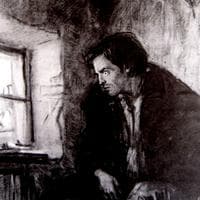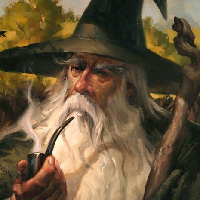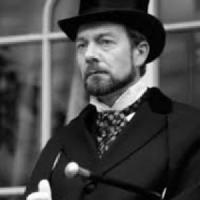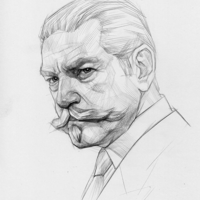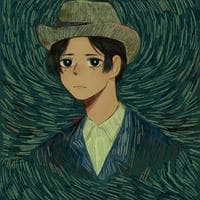Rodion Romanovich Raskolnikov MBTI 성격 유형
인격
"Rodion Romanovich Raskolnikov은 어떤 성격 유형입니까? Rodion Romanovich Raskolnikov은 mbti의 INTJ 성격 유형입니다. enneagram의 5w4 - sp/sx - 541, big 5의 RLUEI, socionics의 ILI입니다."
it’s funny because people have explained why he’s INTJ 72829292801 times yet there are people who act like they can’t see it so i’ll explain it real quick with basic examples and if u don’t like it, scroll and read everybody else’s comments that go in depth. but i’m too lazy to write a whole essay rn so you’ll have to bear with me and my simple arguments why is his Ni dominant function: literally in one of the first chapters, i think it was chapter 4, he figured out his mother’s lies and true motives by only reading the letter. that’s Ni at its finest. lots of people forget Ni has a lot to do with instinct, and this man realises things out of nowhere all the time. Te aux: he killed the old woman because he believed it was the most efficient method. if he used Ti, he would ask himself “why? why is that the most efficient way? why should i do that?” but he never cared about that. he only cared about achieving his goal, and made his plan the way he thought it would be most efficient (using provided facts and evidence). he also doesn’t consider the world around him at all so no Ti. Fi tert: he has developed extremely unhealthy Fi, he only cares about his own morals and refuses to listen to anybody who thinks otherwise, he has convinced himself he stands above everybody else and his actions are justified because of his morals and ideals. Fe would never allow that, no matter how unhealthy it is, and especially as an auxiliary function (that’s for the INFJ voters). Se inf: his Se could never be anything else than an inferior function: raskolnikov doesn’t pay attention to his surroundings AT ALL, he’s so stuck in his own head; he neglects what’s happening around him and doesn’t care about his physical health. he has zero Ne or Si, and he’s the opposite of Fe. his Te > Ti. also the argument “bUt U vOtE fOr INTJ cUz U INTJ” is ridiculous and if people actually do that, they’re just idk stupid. plus it’s the same people who say that that do it. bye
전기
Rodion Romanovich Raskolnikov is the protagonist of the 1866 novel Crime and Punishment by Fyodor Dostoyevsky. Raskolnikov is a young ex-law student living in extreme poverty in Saint Petersburg. He lives in a tiny garret which he rents, although due to a lack of funds has been avoiding payment for quite some time. He is handsome and intelligent, though generally disliked by fellow students.
인격 correlate
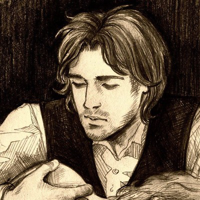
Dmitry "Razumikhin" Vrazumikhin
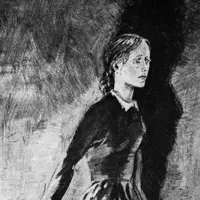
Sofya "Sonya" Marmeladova

Arkady Svidrigaïlov

Avdotya “Dounia” Raskolnikova

Porfiry Petrovich

Pyotr Luzhin

Katerina Ivanovna Marmeladova

Pulkheria Raskolnikova
